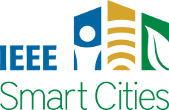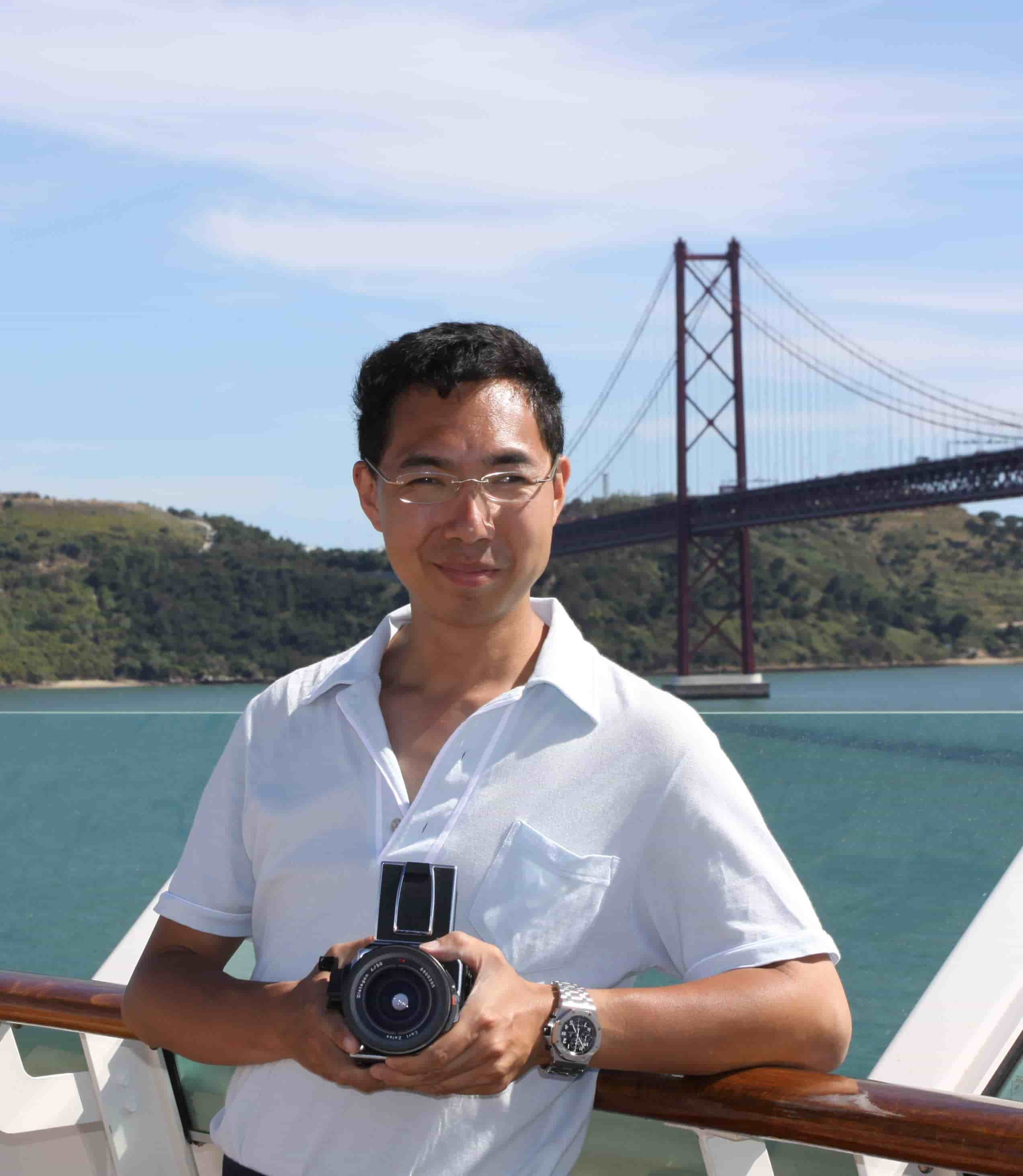Foreword: Highlights of the 2021 IEEE International Smart Cities Conference (IEEE ISC2)
Written by Sara Paiva
The 7th edition of the IEEE International Smart Cities Conference (ISC2), the flagship technical IEEE Smart Cities event, was held in a virtual format from September 7th until September 10th, 2021. In this event, worldwide recognized specialists in the field of Smart Cities shared their latest research on trends, technologies, and solutions.
In this year’s edition, and considering the strong adaptation and resilience needed throughout the past year, at various levels, due to the COVID-19 pandemic, the main theme of the conference was “Smart Cities – Post-pandemic vision and challenges”. As last year, the conference was held in a virtual format for safety reasons, having been a huge success, with interventions in several formats such as tutorials, workshops, panels, keynotes, and presentation of various scientific papers with contributions that generated insightful discussions among all participants.
In this Special Issue of the IEEE Smart Cities eNewsletter, IEEE Smart Cities community representatives and distinguished organizers and specialists who participated in the 7th edition of the flagship conference share their insights on the major trends on some main verticals of smart cities and also an overview of the most important actions of the Smart Cities Community during this year.
Dr. Chun Sing Lai and Ms. Yifu Ding authored the first article of this special issue. Ms. Yifu was involved in the China Renewable Energy Outlook 2018; and Dr. Chun is a lecturer at Brunel University London and was also the session chair of the ISC2 2021 Smart Energy System Technical Session. The article identifies timely energy system topics and points important future directions where multi-disciplinary approaches such as energy conversion, digital twin and advanced trading platform, are a common trend in future smart energy systems related research.
In the second article, Prof. Shen Wang, Assistant Professor at University College Dublin, and session chair of the ISC2 2021 Smart Transportation Technical Session, presents us with the main highlights of the contributions presented at ISC2 2021 within the domain of smart transportation. The article introduces the various areas in which submissions have been received this year and highlights the importance of the two new trends that clearly stood out in this year's session.
The third article, authored by Qi Hong Lai, who is pursuing her PhD in Molecular Cell Biology in Health and Disease at the Sir William Dunn School of Pathology, University of Oxford, UK, addresses the importance of the integration of healthcare applications into smart meters. Different implementation options that are being carried out in several countries are presented and compared, with the aim to make clear the importance of a smart meter infrastructure towards smart health development.
Finally, the fourth article is authored by Prof. Georges Zissis, the Chairman of IEEE Smart Cities and Professor at University of Toulouse. Prof. Georges begins by presenting the main activities carried out in the Smart Cities Community during the year 2021 and after, a general approach to the topic of smart cities is made, from its basic concept to the integration with emerging areas that clearly state the importance for the coming years.
As leading editor of this special issue, I would like to extend special thanks to the authors, to the IEEE Smart Cities Publications Committee, and to all IEEE staff for their ever-tireless support.
This article was edited by Aris Gkoulalas-Divanis
To view all articles in this issue, please go to December 2021 eNewsletter. For a downloadable copy, please visit the IEEE Smart Cities Resource Center.

To have the eNewsletter delivered monthly to your inbox, join the IEEE Smart Cities Community.
Past Issues
To view archived articles, and issues, which deliver rich insight into the forces shaping the future of the smart cities. Older eNewsletter can be found here. To download full issues, visit the publications section of the IEEE Smart Cities Resource Center.



